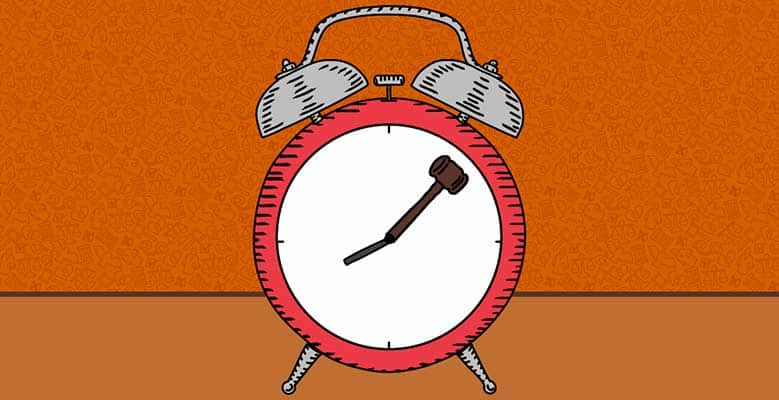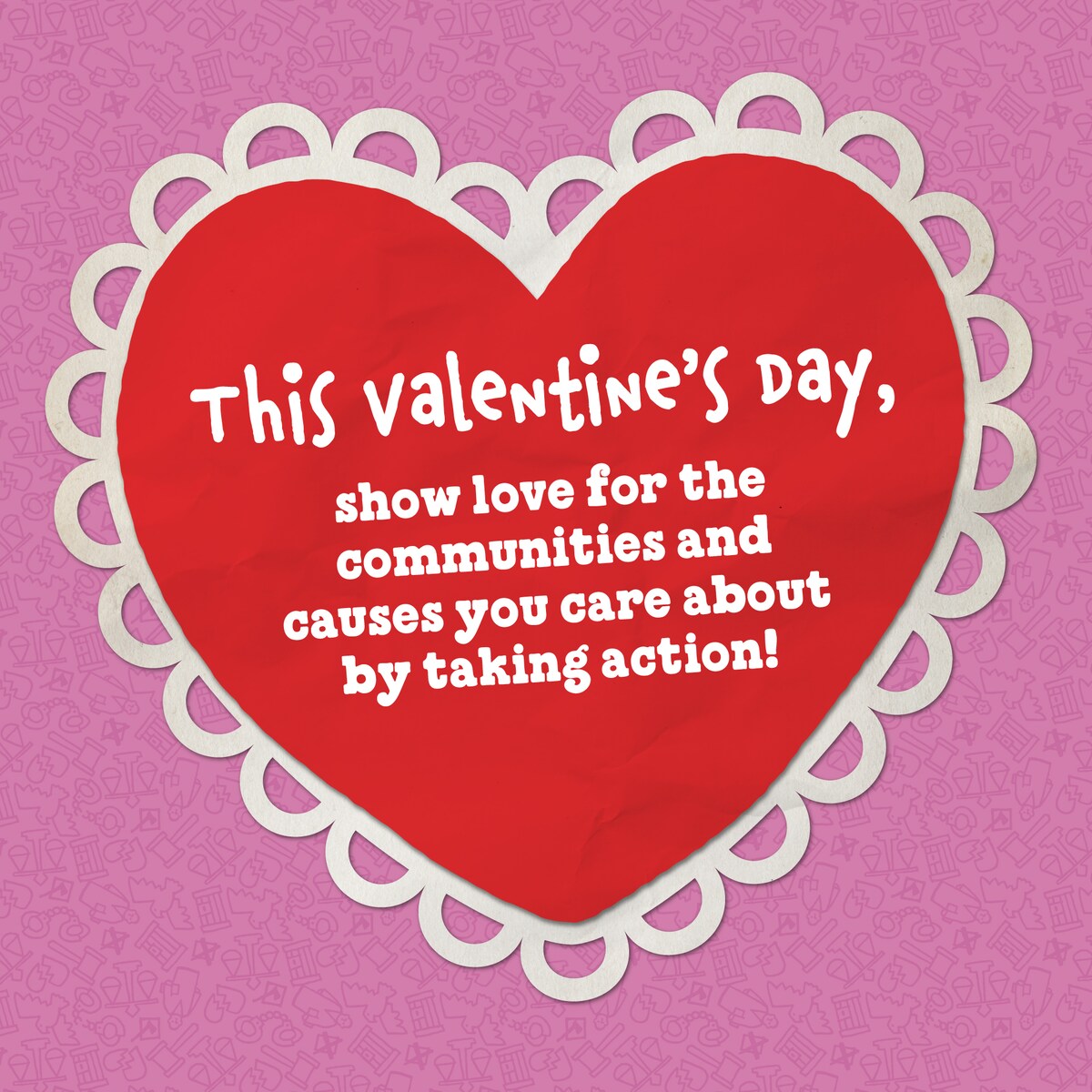Why Ben & Jerry's Cares About Front End Criminal Justice Reform
May 2, 2019

Ben & Jerry’s was founded by Ben Cohen and Jerry Greenfield, two guys from Long Island who wanted to have fun and change the world. When you make ice cream, it’s easy to have fun every day. Changing the world can be a little more tricky, but our social mission and values have been helping us do that from the very beginning.
Over the past four decades, we’ve worked to address many important issues that face our society. Whether the issue is local or global, we’ve acted under the belief that to bring about the change we hope to see in the world, businesses must step up and play a role. This year we’re focusing on an issue that has the potential to change lives and strengthen communities all over the country: front end criminal justice reform.
Business as a Force for Good
Some people wonder why an ice cream company gets involved with things like climate justice, LGBTQ equality, racial justice, getting money out of politics, or front end criminal justice reform. What a company makes or sells isn’t the point, and it shouldn’t be. As Ben Cohen says,
Business is the most powerful force in our society. The only way that we're ever going to deal with the problems that are confronting us is for business to get involved.
We believe that business can be a force for good. We care about those issues because we care about people. We care about our customers and employees. We care about this country. We care about the planet. By supporting these causes, we’re doing what we believe every company should do: try to make the world a better place.
Where We’ve Been
In 2018, we supported the New Poor People’s Campaign, a national movement that seeks to complete the work started by Dr. Martin Luther King. What we learned through that effort led to a partnership with the Florida Rights Restoration Coalition (FRRC), a group that was working to restore the right to vote to 1.4 million Floridians who’d once been convicted of a felony.
We worked with the FRRC for months to get the word out about their campaign. Then, in the weeks leading up to Election Day, we crisscrossed the state in a bus, holding rally after rally and scooping out ice cream. Ice cream really does bring people together! Amendment 4 passed with overwhelming support, resulting in the greatest expansion of voting rights in decades.
Florida’s returning citizens had been unable to vote because they’d once been convicted of a felony. This got us thinking about how to help make sure people don’t get involved in the criminal justice system in the first place. This year we’re partnering with Advancement Project and Color of Change to focus on front-end reforms, things like ending money bail, getting the police out of schools, and ending unnecessary prosecutions.
Where We’re Going
At its heart, front end criminal justice reform is all about investing in people and communities instead of police and prisons. No other country on earth locks up more people than the United States. This doesn’t make any sense. It doesn’t make us safer—it simply criminalizes poverty and disproportionately impacts people and communities of color.
Leaders at the local and state level, especially, have begun to realize this, and we’re finally seeing things change. From 2008 to 2016, 35 states cut their imprisonment rate and their crime rate simultaneously. Louisiana, which for years had the highest incarceration rate in the nation, recently enacted a series of reforms that dramatically cut its prison population. Los Angeles County just decided to replace a jail with a mental health hospital for inmates. Change is happening, but we have to keep the pressure on.
We hope you’ll join us. Let’s invest in our kids, in schools, in jobs, in families and communities. We’re an ice cream company, but at a time when our country feels so polarized, we think that ice cream—and trying to make the world a better place—is more essential than ever.


